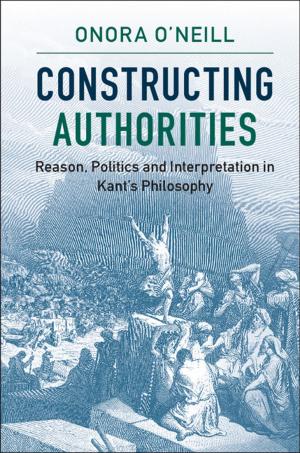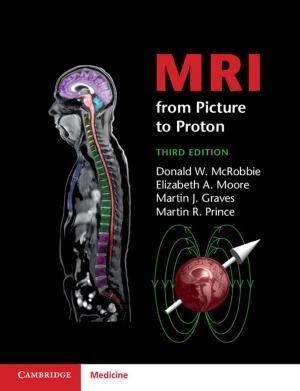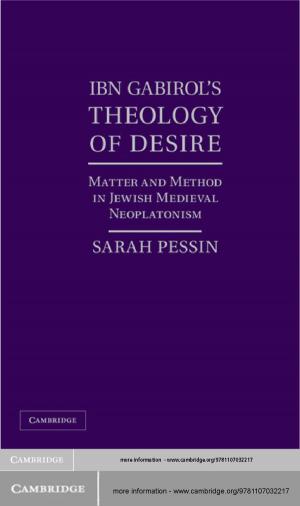| Author: | Elizabeth Klein | ISBN: | 9781108341554 |
| Publisher: | Cambridge University Press | Publication: | March 31, 2018 |
| Imprint: | Cambridge University Press | Language: | English |
| Author: | Elizabeth Klein |
| ISBN: | 9781108341554 |
| Publisher: | Cambridge University Press |
| Publication: | March 31, 2018 |
| Imprint: | Cambridge University Press |
| Language: | English |
References to the good angels in the works of Augustine are legion, and angels also play a central role in some of his major works, such as City of God and the opening of On the Trinity. Despite Augustine's interest in angels, however, little scholarly work has appeared on the topic. In this book, Elizabeth Klein gives the first comprehensive account of Augustine's theology of the angels and its importance for his thought more generally. Offering a close textual analysis of the reference to angels in Augustine's corpus, the volume explores Augustine's angelology in relationship with his understanding of creation, of community, of salvation history and of spiritual warfare. By examining Augustine's angelology, we glimpse his understanding of time and eternity, as well as the meaning and perfection of created life. Klein's book is foundational for a proper understanding of Augustine's angelology and has far-reaching implications not only for Augustinian studies, but also the broader history of Christian angelology.
References to the good angels in the works of Augustine are legion, and angels also play a central role in some of his major works, such as City of God and the opening of On the Trinity. Despite Augustine's interest in angels, however, little scholarly work has appeared on the topic. In this book, Elizabeth Klein gives the first comprehensive account of Augustine's theology of the angels and its importance for his thought more generally. Offering a close textual analysis of the reference to angels in Augustine's corpus, the volume explores Augustine's angelology in relationship with his understanding of creation, of community, of salvation history and of spiritual warfare. By examining Augustine's angelology, we glimpse his understanding of time and eternity, as well as the meaning and perfection of created life. Klein's book is foundational for a proper understanding of Augustine's angelology and has far-reaching implications not only for Augustinian studies, but also the broader history of Christian angelology.















